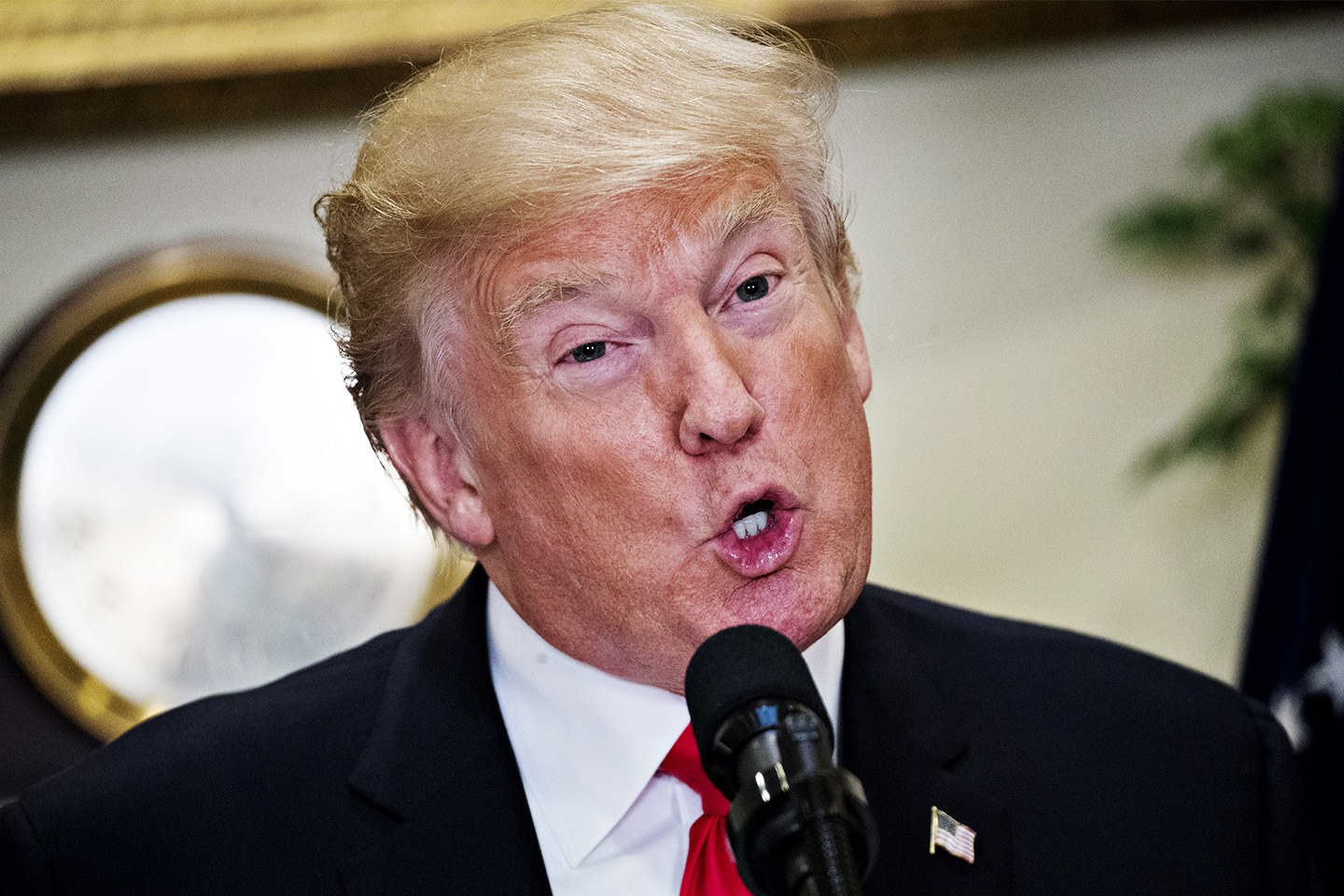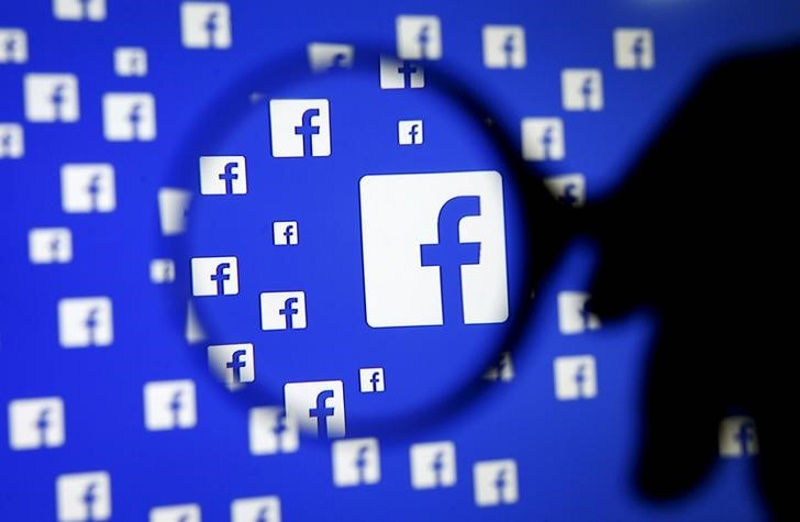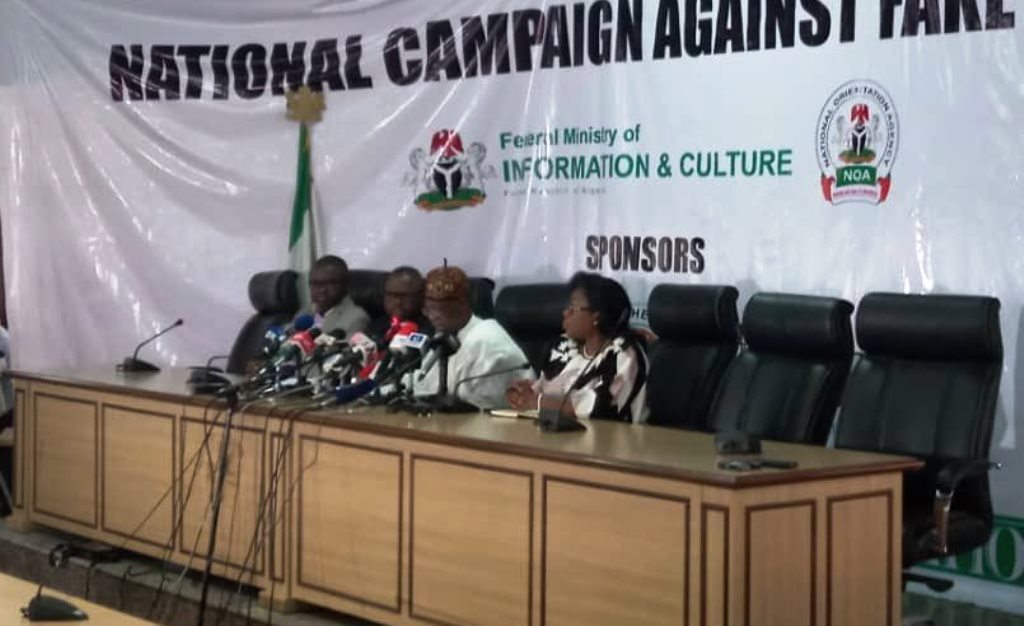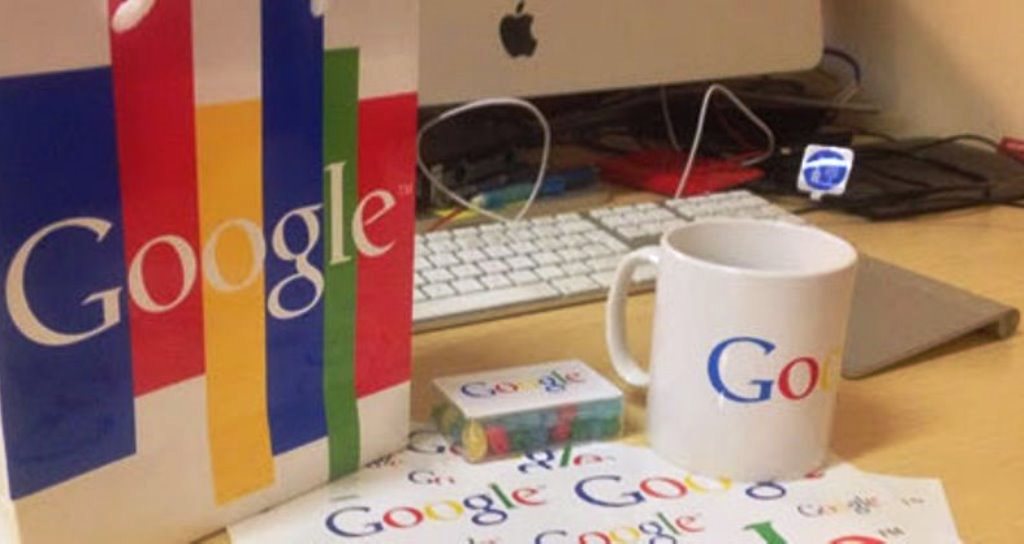US President Donald Trump said on Monday that it is “very dangerous” for social media companies like Twitter and Facebook to silence voices on their services.
Trump’s comments in an interview with Reuters come as the social media industry faces mounting scrutiny from Congress to police foreign propaganda.
Trump has made his Twitter account – with more than 53 million followers – an integral and controversial part of his presidency, using it to promote his agenda, announce policy and attack critics.
Trump previously criticised the social media industry on August 18, claiming without evidence in a series of tweets that unnamed companies were “totally discriminating against Republican/Conservative voices.” In the same post, Trump said “too many voices are being destroyed, some good & some bad.”
Those tweets followed actions taken by Apple, Alphabet’s YouTube and Facebook to remove some content posted by Infowars, a website run by conspiracy theorist Alex Jones. Jones’ own Twitter account was temporarily suspended on August 15.
“I won’t mention names but when they take certain people off of Twitter or Facebook and they’re making that decision, that is really a dangerous thing because that could be you tomorrow,” said Trump.
Trump appeared on a show produced by Infowars, hosted by Jones, in December 2015 while campaigning for the White House.
In removing Jones’ content, YouTube, Twitter and Facebook each pointed to specific user agreement violations. For example, Facebook removed several pages associated with Infowars after determining they violated policies concerning hate speech and bullying.
Twitter and Facebook declined to comment on Trump’s statement. Apple and Google did not immediately respond to a request for comment.
In July, during a House of Representatives Judiciary Committee hearing, executives from Facebook, Google and Twitter testified they did not remove content based on political reasons.
“Our purpose is to serve the conversation, not to make value judgments on personal beliefs,” Nick Pickles, Twitter’s senior strategist, said at the time.




